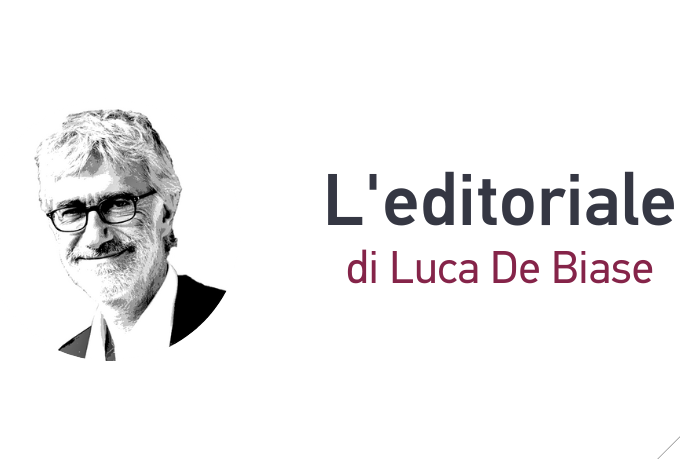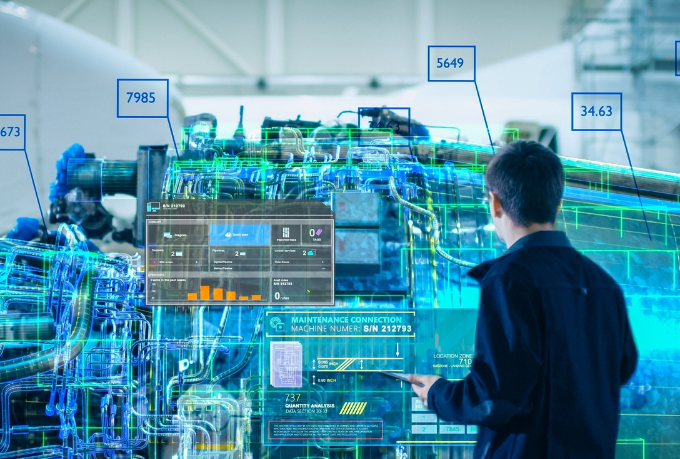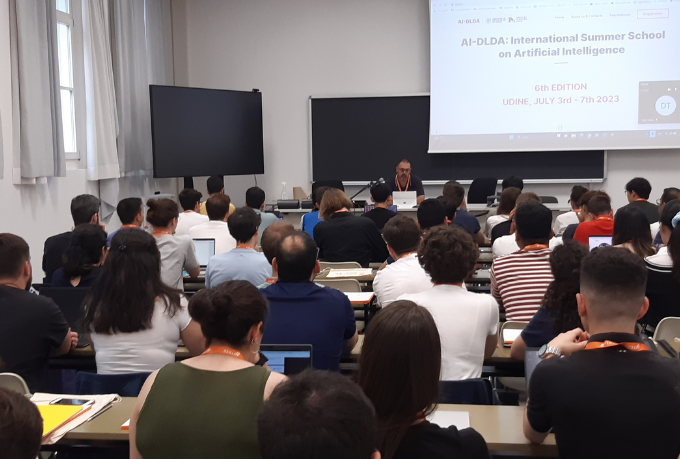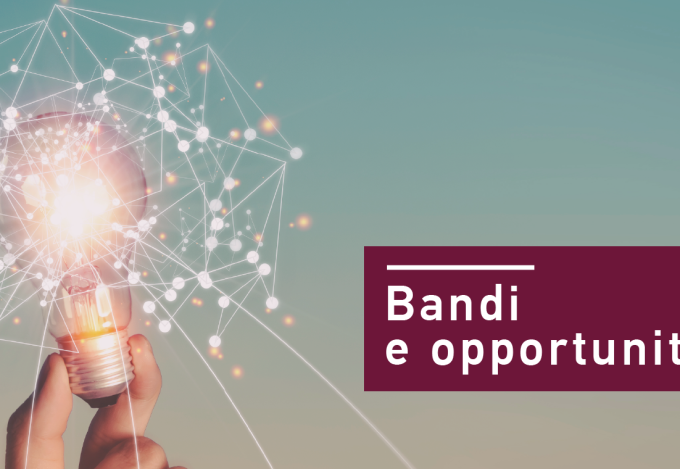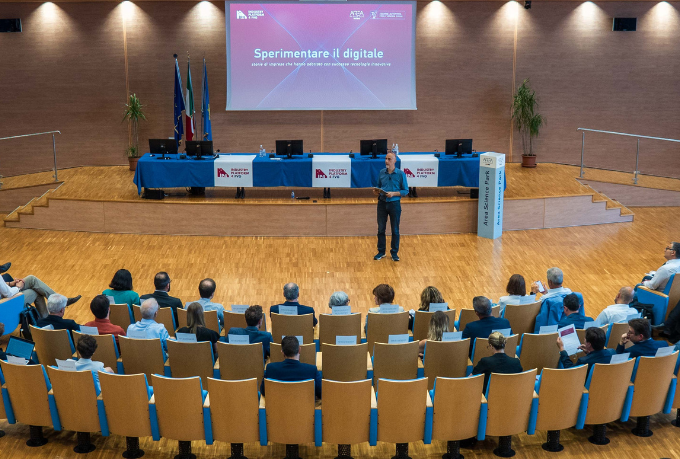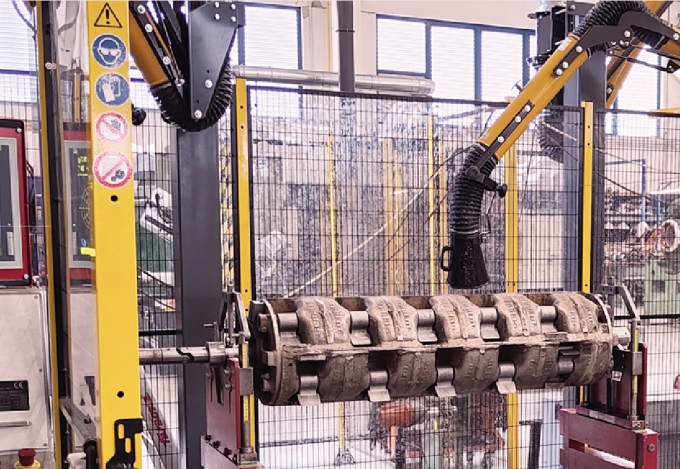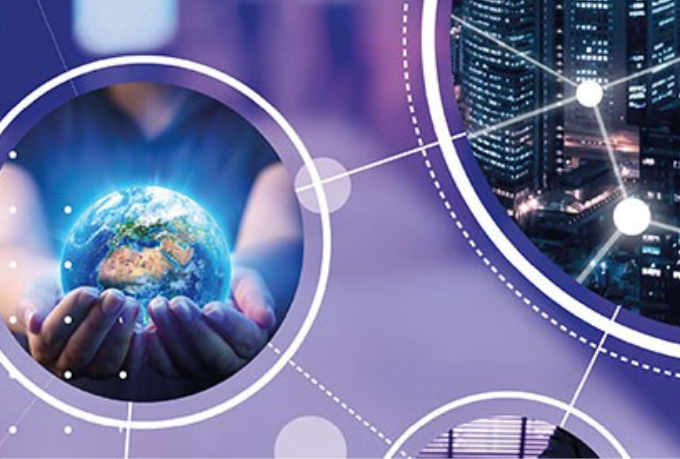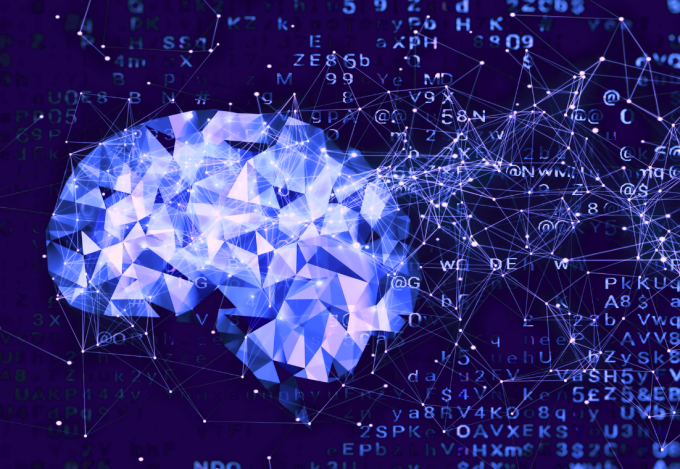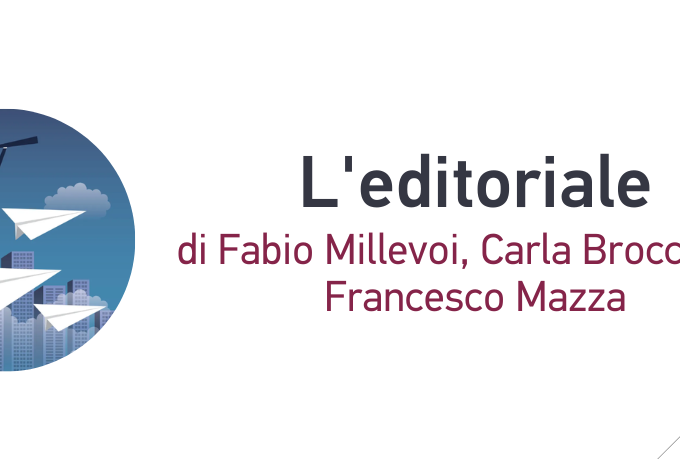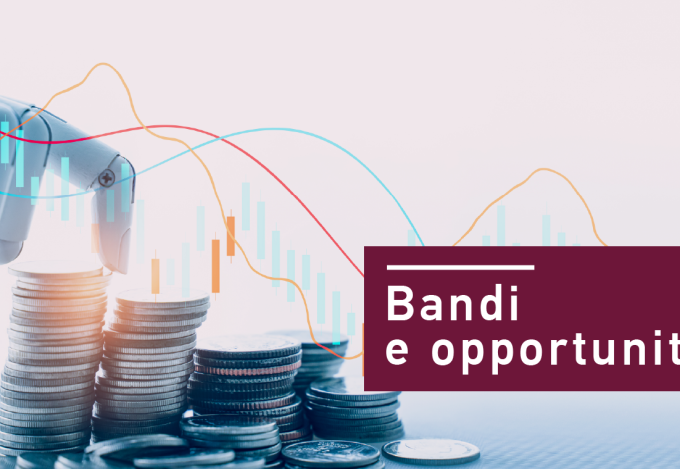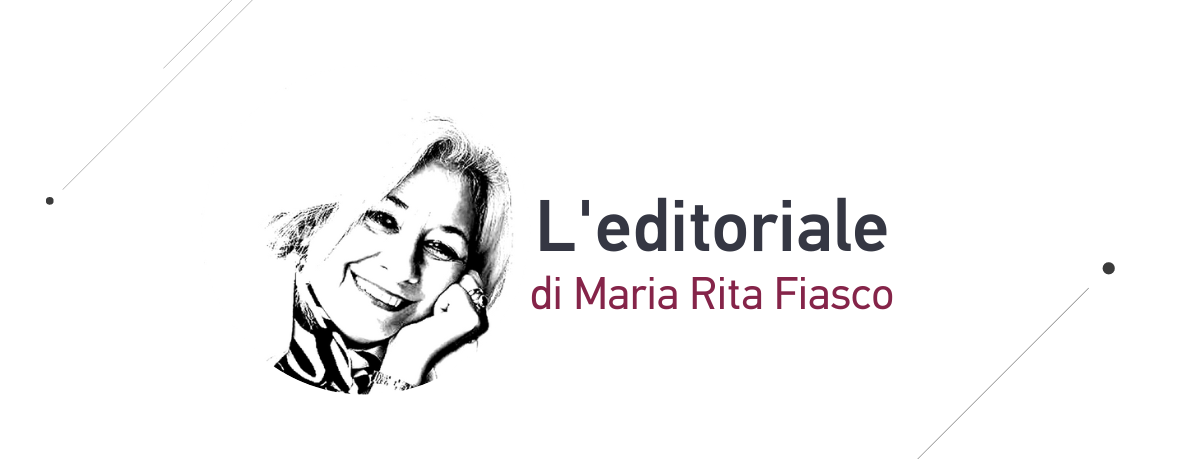
8 June 2022
People Are People. Building tomorrow’s organisation: digital, agile, human
by Maria Rita Fiasco, Founder of Pragma Group
The passing a few days ago of Andrew Fletcher, musician and founder of the iconic band Depeche Mode, aroused emotion in a great many people, including, but not limited to, the baby boomer generation. The band was among the most influential in the history of electronic music and, despite its name, was not a passing phenomenon.
The famous song, which has inspired the title of this article, was composed in 1984 during our last Internet-free decade; it serves as a reminder that certain phenomena are not fads and that people are the starting point and ending point of any transformation.
People, indeed, and not just resources, albeit human. Ever so true, no doubt. Even more so at this stage, where the effects of the global pandemic and those brought on by an across-the-board technological transformation are piling up and amplifying the impacts of disruptive cultural, generational and economic change.
The challenges businesses are facing call – now more than ever – for a smart and savvy “navigator”, this being precisely what is expected of HR functions as they deal with a twofold and complex change: while helping businesses to rethink and evolve, to adopt new organisational models, HR functions also engage in their own transformation and the digitisation of all processes.
I literally mean all processes: from recruiting and selection to planning; from management to ongoing training and retraining; from performance management to development; from internal communication to engagement and retention; from reporting to welfare; from safety to monitoring and control.
Next-generation digital technologies have become and are becoming part of each of these “typically” HR processes, having been already introduced or being introduced in other functions and processes but not quite yet in HR functions: artificial intelligence, blockchain, evolved platforms for flow management, intranets for communication but also for creating WFH-oriented digital workplaces, learning management systems to support continuing education, data analytics, apps. Focus is therefore not only on administrative management, but rather on running daily activities in all respects. Changes and transformations that highlight the challenge set by of culture and skills.
All businesses, regardless of industry and size, are indeed more or less consciously facing four closely interrelated and most impactful phenomena: increased interdependence, unprecedented automation, disintermediation and servitisation, and demographic changes.
Upstream and downstream of these phenomena is the challenge of skills. All skills are “on the move”: basic skills, technical-specialist skills, as well as interpersonal and managerial skills.
There is no question that digital skills need to become part of the DNA of a business, as they are needed and deployed in every area. Let’s think of specialised ICT skills*, to plan, develop, manage, and enable digital processes and technologies. Then we have (relational and behavioural) digital soft skills**, without which the integration of activities and collaboration among people does not happen: hybrid communication, networking and social skills through digital technology, collaboration among people and teams even remotely, self-empowerment, self-efficacy and independent problem solving, ability to identify solutions, to engage and drive towards results, digital and social media literacy as a whole.
Then we have domain digital skills, related to the position covered: using specific tools, e.g., for business processes, e-commerce, production planning, procurement, HR (not least!), etc., and all digital skills required to carry out one’s work effectively and efficiently, in a variety of ways and with a data-driven approach.
And, last but not least, we have innovation skills, i.e. those skills that enable people to become innovative in their work through entrepreneurial behaviour; these skills are also mapped at the European level in the Entrepreneurship Competence Model (EntreComp).
From this perspective, the challenge for HR (and for each of us) might sound like a “mission impossible” of our “new possible”, but in fact it is essentially the perpetual challenge of the future, suggesting the first key step: working with a sense of urgency and perseverance to establish and disseminate a culture of continuous learning through reskilling and upskilling (job retraining and upgrading) of people at every level, with blended learning paths that include “traditional” training and innovative methods (coaching, peer mentoring, social learning, nudging techniques, simulations, gaming).
For anyone involved in HR, it means doing whatever it takes to help the transition from the “know it all” to the “learn it all” mindset by including in each individual’s routine, in each position or role, both formal and informal learning occasions and opportunities, networking, time to develop relationships of mutual acquaintance, establish connections between people, create innovation labs where technologies are experienced first hand so that each person’s semantic universe can expand. Because People Are People and because only knowledge is the infinite, inexhaustible resource we can rely upon to gain a competitive edge as both individuals and businesses.
—
*To gain an insight into and monitor the evolution of these skills, please visit the Digital Skill Observatory Anitec-Assinform (www.competenzedigitali.org)
** Several frameworks developed by the European Commission are available in this area. They can provide a very useful starting point and guidance, such as the DigiComp 2.1




